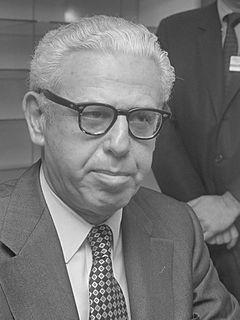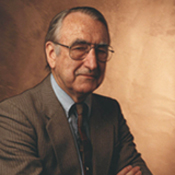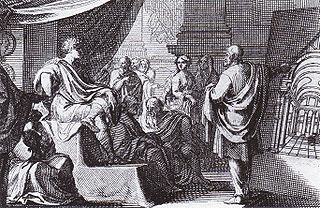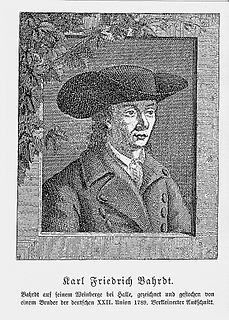A Quote by L. Neil Smith
The freedom to own and carry the weapon of your choice is a natural, fundamental, and inalienable human, individual, civil, and Constitutional right - subject neither to the democratic process nor to arguments grounded in social utility.
Related Quotes
It is fundamental that the great powers of Congress to conduct war and to regulate the Nation's foreign relations are subject to the constitutional requirements of due process. The imperative necessity for safeguarding these rights to procedural due process under the gravest of emergencies has existed throughout our constitutional history, for it is then, under the pressing exigencies of crisis, that there is the greatest temptation to dispense with fundamental constitutional guarantees which, it is feared, will inhibit governmental action.
There is no superior person by constitutional standards. An applicant who is white is entitled to no advantage by reason of that fact, nor is he subject to any disability, no matter what his race or color. Whatever his race, an applicant has a constitutional right to have his application considered on its individual merits.
If you live in a society where those who govern society and determine its path do not respect freedom of speech and freedom of religion, freedom of choice, freedom of assembly, and if there is no democratic process and no way to change the order of things by reason and peace and love and so on, and if, as a result of that, certain ideas in which you believe are being crushed, then I think the only way you can defend yourself against this violence is in using violence of your own.
For the emergent process, as noted by the geneticist Theodore Dobzhansky, is neither random nor determined but creative. Just as in human order, creativity is neither a rational deductive process nor the irrational wandering of the undisciplined mind but the emergence of beauty as mysterious as the blossoming of a field of daisies out of the dark Earth.
Even if drugs are fully as destructive as they are usually claimed to be, it is morally wrong and demonstrably more destructive for government to deprive people of their unalienable, individual, civil, Constitutional, and human right to make an utter mess of their own lives. Since human beings are inclined to learn more from the mistakes they make, rather than from their triumphs, the right to fail, for individuals and groups alike, may be even more important than the right to succeed, and it must be fiercely protected at almost any cost.
The individual man, in introspecting the fact of his own consciousness, also discovers the primordial natural fact of his freedom: his freedom to choose, his freedom to use or not use his reason about any given subject. In short, the natural fact of his "free will." He also discovers the natural fact of his mind's command over his body and its actions: that is, of his natural ownership over his self.
Civil rights are those which appertain to man in right of his being a member of society. Every civil right has for its foundation some natural right pre-existing in the individual, but to the enjoyment of which his individual power is not, in all cases, sufficiently competent. Of this kind are all those which relate to security and protection.
A human life has seasons much as the earth has seasons, each time with its own particular beauty and power. And gift. By focusing on springtime and summer, we have turned the natural process of life into a process of loss rather than a process of celebration and appreciation. Life is neither linear nor stagnant. It is movement from mystery to mystery. Just as a year includes autumn and winter, life includes death, not as an opposite but as an integral part of the way life is made.




































